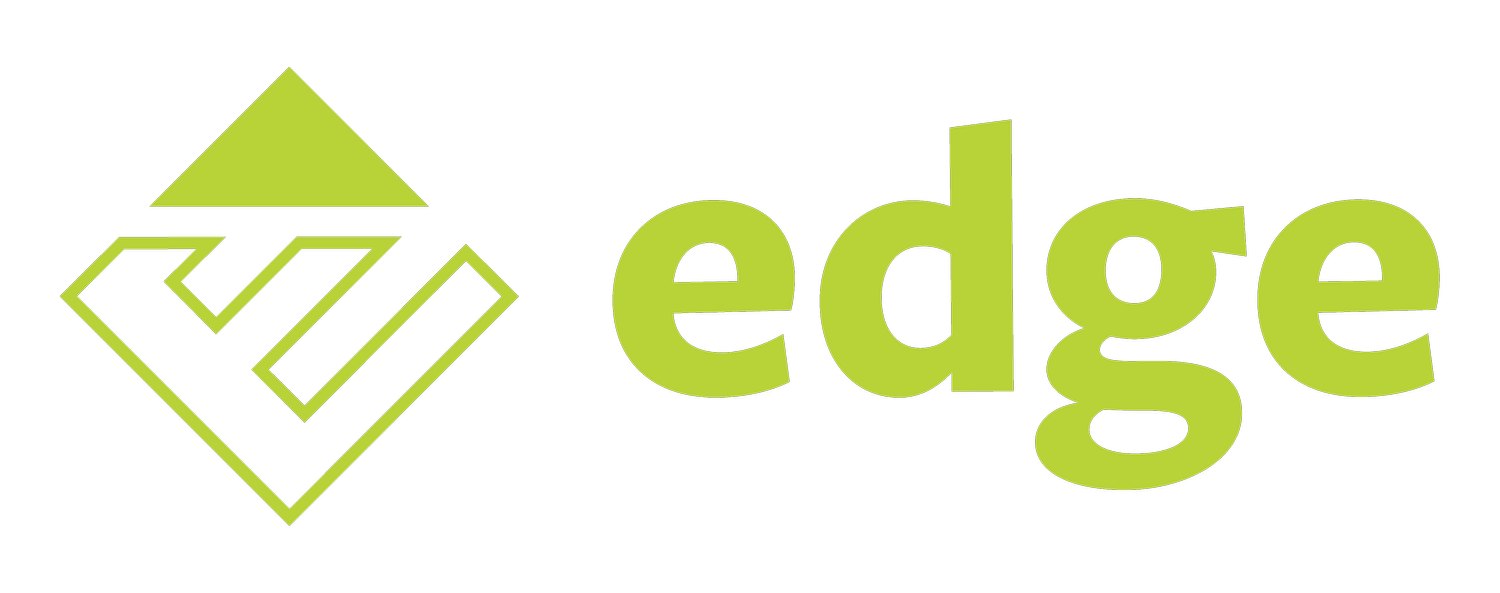Stevie and Mat might be 450 miles apart, but that hasn’t stopped them on their collaborative journey to making research finance easier and more efficient through the utilisation of the EDGE Research Management Programme. So, sit back, grab a coffee and read on to discover more about their voyage to finance made easy.
Stevie, EDGE Database Manager from NHS Lothian and South East Scottish CRN, and Mat Davis, Research Information Manager from University Hospitals Dorset NHS FT, began working together following Mat’s discovery of Stevie’s finance import tool that he found within the EDGE support section. He explained this as ‘a godsend’ and that it was exactly what he wanted to do. Mat soon made contact with Stevie which kicked off their collaboration over emails and phone calls.
Then at the EDGE Conference 2020 they were able to meet in person where Stevie, Super User and regular speaker at the EDGE Conference (and EDGE Advocate of the Year 2019), gave a successful presentation sharing his finance import tool for EDGE. Mat was just one of the many EDGE users at the conference who was interested in Stevie’s finance tools and knew straight away that an automated approach would be much more beneficial and that him and Stevie were both working towards the same goal.
Soon after the EDGE Conference Stevie and Mat took to MS Teams to work together on advancing the finance tools further. They combined their skills and knowledge leading to an updated Cost Template Import Tool, which can convert a standard NIHR Costing Template into full breakdown EDGE cost templates in less than a minute, retaining all the detail of the original template. Doing the same manually takes many hours. Their new Finance Tracker Tool takes a standard EDGE finance report and breaks it down to a granular level of detail using the analysis codes created by the import tool, displaying visit numbers, visit names, procedures and investigations, departments etc. in an easy to read format. Not forgetting, their handy EDGE Assistant Tool, a web browser extension they created to help with the EDGE Finance Process. The EDGE Assistant Tool can quickly fill in multiple dates at once, convert cost template items to income items, helps associate additional/itemised costs with existing visits, and helps identify missed or repeated patient visits.
These innovative tools speed up the research finance process, and assist with invoicing, finance activity tracking, and finance management, including supporting additional departments with finance such as Pharmacy. Stevie and Mat were keen to share their tools with the EDGE community in a recent EDGE Advance webinar, which gained over 120 attendees from across the country.
Following this, the pair are now assisting other members of the EDGE community, helping them get these tools off the ground and in place at their organisations. They have future plans to continue working together to develop further new ideas for utilising EDGE. Not only have the duo created true innovative work they have become great friends and are true examples of what the EDGE Programme is all about: collaboration.
I know that I can speak on behalf of the whole team here at EDGE – we really do thank them for their hard work and dedication into this, as well as appreciate the help and guidance they provide to the EDGE community.
To finish, here’s a quote from the both Stevie and Mat:
“The collaborative experience of working together has been incredibly rewarding and instrumental in the development of finance tools for use with EDGE, which we believe will really help the community. We would encourage everyone to share their experiences and processes with colleagues in other organisations.”



